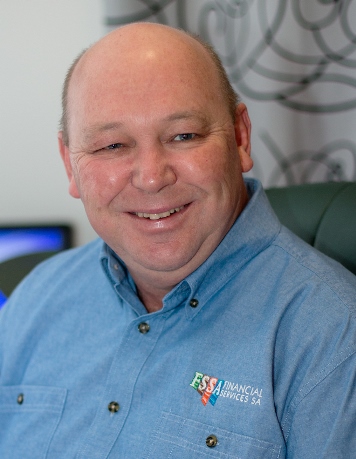
Phil Dibben, the owner of Financial Services South Australia, shares with Mike Krause the benefits of good farm business management and using the P2PAgri software to help his business and his clients. He highlighted several key advantages:
Using P2PAgri is easy
Using P2PAgri saves him suffering from ‘death by Excel’
Clarifying the farm business performance for the client and their bank
Being able to use Scenario Analysis to answer ‘what-if’ questions is the unique advantage for farmers and advisers in using the software
Find out more about Phil and his services from his website:
https://financialservicessa.com.au/
Transcript: Farm business info: Easier & more powerful
Mike Krause:
I'd really like to welcome Phil Dibben to our podcast. We kindly know him as Dibbo. Dibbo and I go back. We had a joint time in BankSA very many years ago, and Phil now runs his own financial advisory service called Financial Services SA. So welcome to the podcast, Phil.
Phil Dibben:
Thanks, Mike.
Mike Krause:
Phil has also recently taken up P2P Agri software to help with his work with his clients. Phil, can you just give me an understanding of your business and the types of services you provide to your clients?
Phil Dibben:
Yep. Thanks Mike. I guess I started out the business really wearing my banking hat and stepping back and sort of helping those clients with typically under $1 million worth of borrowings with doing their budgeting and business planning, because the banks have sort of stepped back from providing that, and even more so since the Royal Commission. So I guess it started out as being more of a consulting type service. It's kind of morphed more recently into estate planning and succession planning, as that's become more important to the client base. I guess, to support those services, I also offer mortgage broking and financial planning services out the back end.
Mike Krause:
Okay, so it's real full service
Phil Dibben:
Yeah, yeah.
Mike Krause:
And I guess you're seeing what your clients are wanting and broadening your services according to what's needed.
Phil Dibben:
Exactly. And many of my clients are pastoral based, so having the ability to sort of be the man over the kitchen table to tick all the boxes is one of the important things for them to be able to achieve, and being able to do it from the comfort of their own home rather than having to duck down to Adelaide, which can be four, six, eight hours away. It gets a bit tiresome at times if you've got something urgent on and you can't always do that.
Mike Krause:
Yeah. So, Phil, I know you're located at Jamestown, but where are your farmer and pastoral clients generally located?
Phil Dibben:
Pretty much all over the state. We cover EP, YP, far north, there's pockets over in the Riverland. We've got financial planning clients in WA, Brisbane, Sydney, so we are pretty much broad spread. And I guess most of my interstate clients have got an association with South Australia, so it sounds impressive to be across the country but in real terms it's just through my local network, really, that those have the ability to extend beyond the borders, which helps if we have a shocker in South Australia with drought or something.
Mike Krause:
Spread your own risk. Great Phil. Phil's been using a cloud based program called Plan2Profit Agri, which is really a financial planning and monitoring tool. Phil, how have you found the benefits of using that platform for your clients?
Phil Dibben:
Well, Mike, before I adopted P2P Agri technology, I was very much a spreadsheet man, but the disadvantage of that was I would attend a GRDC conference and see something, some bright new whistle or build that I could be adding into it, and so therefore I'd change my formulas or change something. So really being able to do a sensible analysis on a year-by-year basis becomes impractical because I wasn't comparing apples with apples, whereas the benefit of P2P Agri is that it's consistent right through the ESSENTIALS part of the system looking backwards. And just as importantly, being able to marry or compare the forward looking information that we create back to that essentials or the historical stuff. So it's really given me a consistent base to have a set of numbers that I can rely on, and that the formulas haven't changed every year, so we're not getting a different outcome. So we're starting to be able to draw some really good analysis and using that information to power on the businesses.
Mike Krause:
So it's helped avoid a death by Excel, really.
Phil Dibben:
Exactly. Yeah, and look, it's a time saver as well. Like anybody knows that if you're playing with Excel, you don't touch it and just use what it's meant to do, it's okay. But if you're forever changing things or you want to change one thing and all of a sudden there's 30 things you got to change, it all takes time. Whereas with P2P Agri it's more about getting things conceptually right in your own mind so that you follow the process, and it's really... a lot of it's the data entry, but you can concentrate on getting the plan right or understanding what the numbers are telling you, rather than trying to work out whether your numbers are right in the first instance.
Mike Krause:
And how have you found your pastorals and farmers responding to it?
Phil Dibben:
I've probably had more uptake with the cropping clients. I think that was probably as much me, because I tend to class out in years the sheep and cattle, and so having them all lumped into one just was a little bit onerous. But now that I've got my head around that, I’m getting more widespread but the thing that the clients like about it is once we've got the base data in, I can pretty much run and plan out their budget. It's only a matter of really knowing if there's anything that's changing in the system because once we've got the system down it is really repeatable with the cropping side of things. You can go paddock by paddock for as far into the future as you like, and having that cropping plan in place means that we're not spending time working out what we're doing in each paddock each year.
Phil Dibben:
We've already decided that at the business planning stage and we've mapped that out over the next four or five years, or however long we are looking. And so those year-by-year analysis of, "Well, if we buy this bit of dirt, what's it going to mean for our future cash flows?" We know almost... well, not instantaneously. It's not that quick, but if you've the information in place, mate, within 20 or 30 minutes you've got five years’ worth of data that you can reflect on and actually discuss with the client at the kitchen table rather than having to take it away and then come back another day to work it through.
Phil Dibben:
So being that visual, consistent piece of data, I think I find it invaluable that way.
Mike Krause:
Fantastic.
Phil Dibben:
And then using it for a scenario analysis of if it was a good year or a bad year, what is that going to mean for the numbers? You can do that comparison. We'll see what it's going to look like. Yes, we know a bad year's going to look bad, and we know a good year's going to go look good, but we can actually see what the numbers are going to fall out like and use that to then make some decisions, or we need some extra flexibility with the bank, so let's approach them now. We know how bad it's going to get and we've also forecast out our recovery plan when things turn, and that's a very powerful piece of information.
Mike Krause:
Yeah, fantastic.
Mike Krause:
Now with the advent of the Royal Commission in banking and their requirements of data and stuff like that, how have you found the platform's helped you with your clients conversations, say with the bank for reviews or added lending?
Phil Dibben:
I've had a number of clients come back to me and basically said that without the data that we were providing the bank, they wouldn't be farming anymore.
Mike Krause:
Wow.
Phil Dibben:
Purely that... the ability to forecast out multiple years with multiple scenarios provides the bank with the confidence that, not only the advisors that are working with the client have some understanding, the clients can articulate it. Because they've seen the data, they've worked with the data, they... all farmers know their inputs and what they're aiming to produce. They can communicate that really well but having the ability to show the visions of that through P2PAgri with the SCENARIO ANALYSIS is a really powerful tool for the lenders.
Phil Dibben:
I've had some lenders come back to me and say, "Well, that's far more information than I'll ever require”, but that's always in a good year when things are going smoothly and the client is in no risk. For those clients that are borderline with their limits, it becomes very highly powerful. It gives them a chance to make the decisions themselves rather than having to wait for somebody to say, "I'm sorry, sunshine, you're at the end of the rope now. If you cross that line, you've got to do something about it." Well, it's too late then. You can plan it out. It still might be the same outcome, but at least they're making decisions and not having somebody else make those decisions for them, and as we both know, that can be very traumatic.
Mike Krause:
Well, I guess the key is they're making the decision, not letting the bank make the decision for them.
Phil Dibben:
Exactly.
Mike Krause:
Plus they're also go the bank understanding what the numbers are and so the bank's got more confidence they know financially how to manage their business.
Phil Dibben:
Exactly. Yep. It's a win-win in that scenario. Most farmers may understand their business really well, but sometimes articulating that understanding down to those spreadsheets and cash flows, the information that the bank's looking for, is not so easy.
Mike Krause:
Wonderful. Phil, that's given us a great summation of how you use the program and how your farmers and clients have responded to that. So thank you very much for sharing us your experience and knowledge and all the best with your clients for the rest of this season.
Phil Dibben:
Thanks Mike. Thanks for your time.
Mike Krause is one of Australia’s leading Farm Business Management consultants with significant experience in providing farm business management support, training and consulting to Australia’s agricultural and agri-business industries.
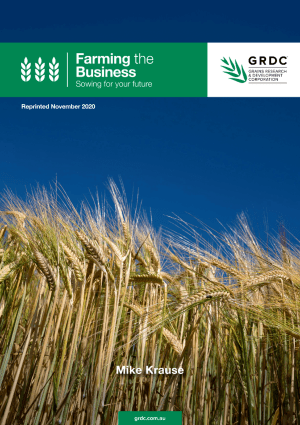
This experience forms the basis of significant developments:
‘Farming the Business’ manual Mike produced for the GRDC.
‘Plan to Profit’, the successful desktop software developed and sold by Mike over 12 years.
P2PAgri, our new online platform for farmers and advisers. Check it out on www.p2pagri.com.au.

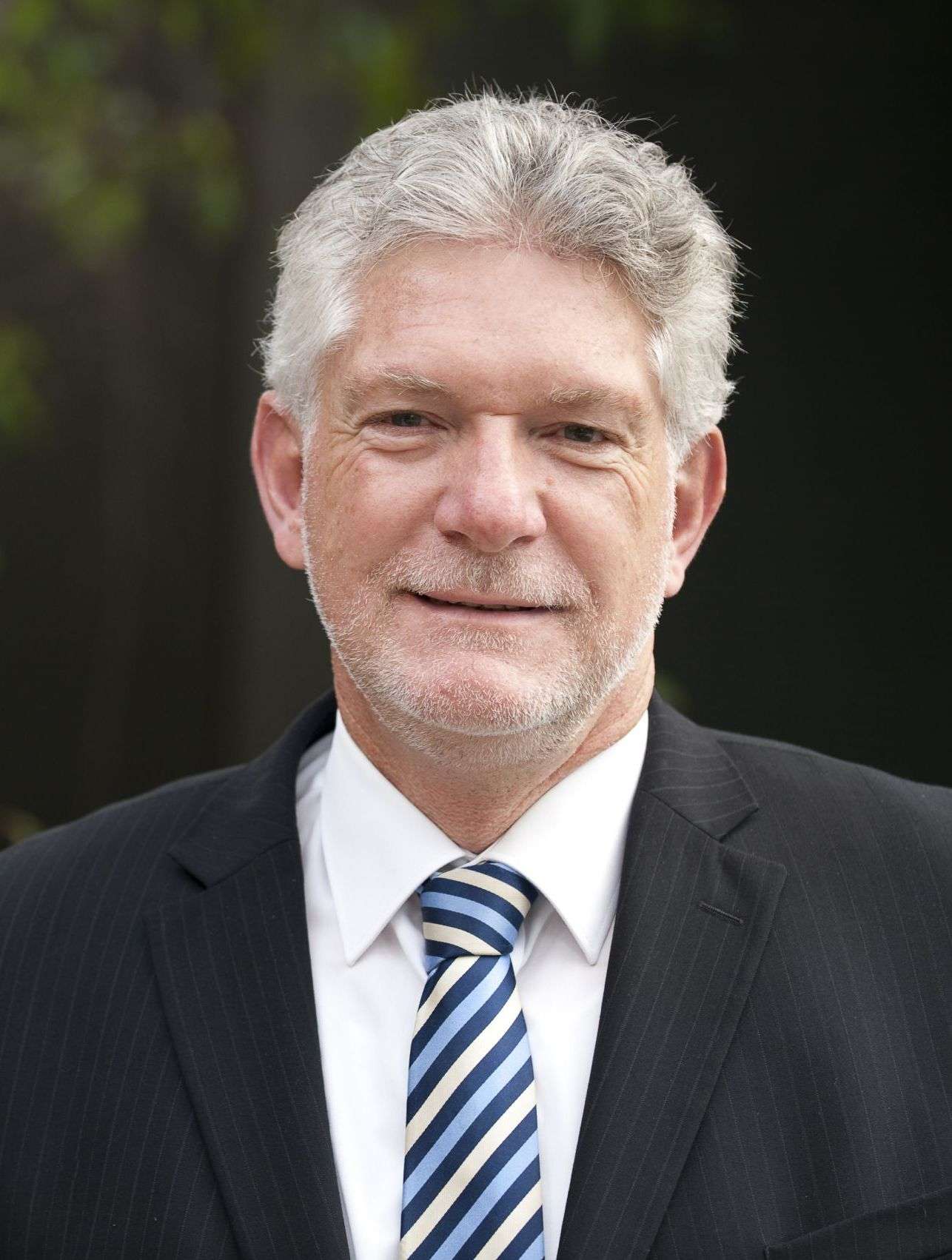
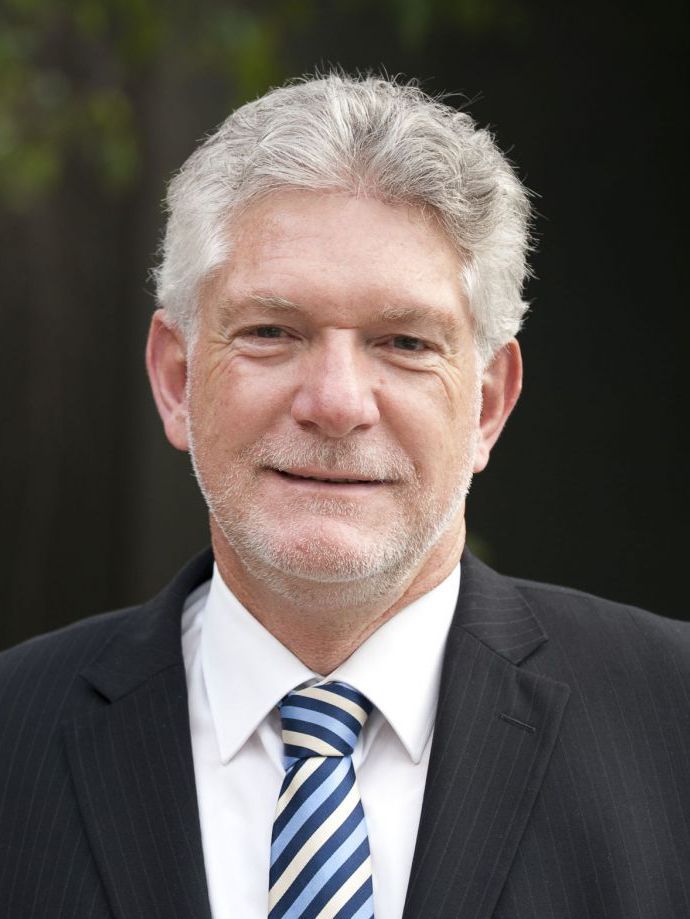
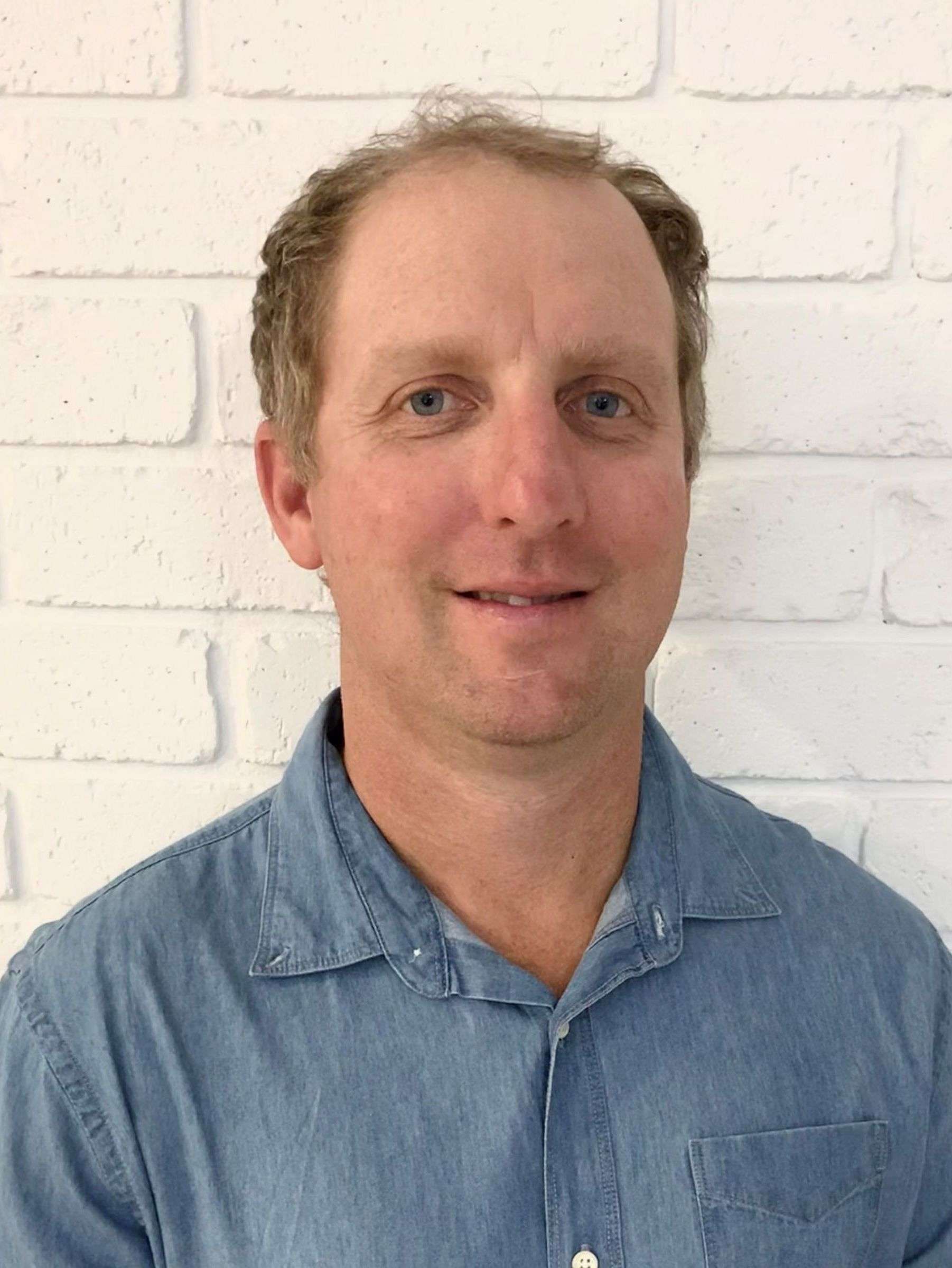
Leave A Comment
You must be logged in to post a comment.